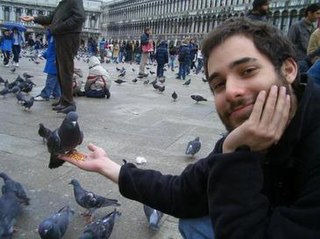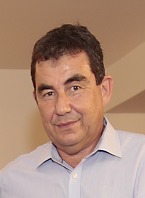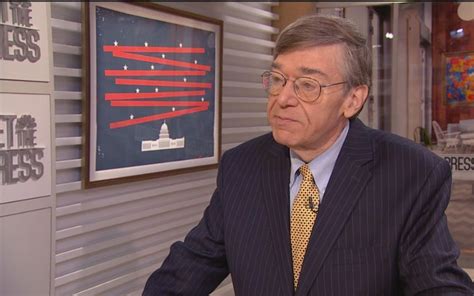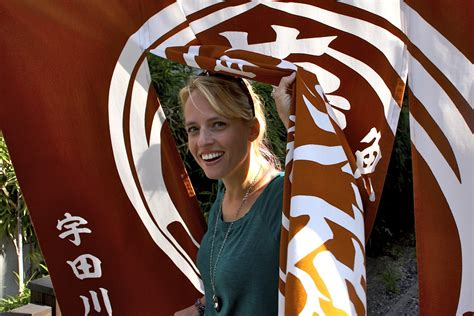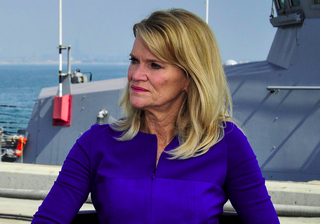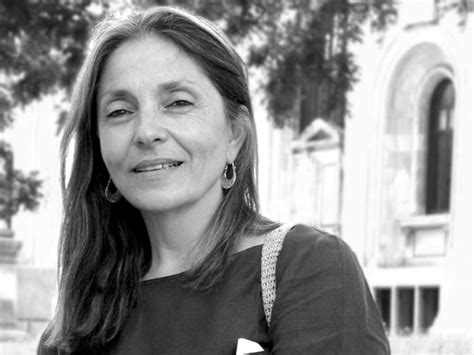A Quote by Annia Ciezadlo
In the Middle East, bread is so essential to everyday life that word for it in Egyptian Arabic is aish, which means life. It's always been the staple grain. But the predicament is that the Fertile Crescent, where wheat cultivation began, has now become the part of the world most dependent on imported wheat.
Related Quotes
If you look at the list of the top wheat importers for 2010, almost half of them are Middle Eastern regimes: Egypt, Algeria, Iraq, Morocco, Yemen, Saudi Arabia, Libya, and Tunisia. Egypt is the number-one importer of wheat in the entire world. Tunisia leads the entire world in per capita wheat consumption. So it's no wonder that the revolutions began with Tunisians waving baguettes in the streets and Egyptians wearing helmets made of bread.
There's a long history in the Middle East of "bread intifadas," starting with 1977 in Egypt, when Anwar Sadat tried to lift bread subsidies. People rebelled and poured into Tahrir Square, shouting slogans against the government just like they did earlier this year. Sadat learned his lesson and kept bread subsidies in place, and so did a host of other Middle Eastern dictators - many of whom were propped up for years by the West, partly through subsidized American wheat.
Wigs have always been a part of my life and have become a staple accessory in my closet. I can remember being a little girl and hearing all the commotion in my house from my mom, aunts and grandmother when picking out their wigs for the day. It was such a good time for them and part of their everyday beauty routine.
After my first week of no wheat, my stomachaches were gone, my mucous cleared up, and I felt incredibly energetic. My headaches were also less frequent and less severe, and I had lost 3 pounds, most of it swelling and water weight my body had been holding onto as part of its response to the wheat products in my diet.
There is part of me that longs to have the back-to-the-earth life - make my own bread, grow my own wheat, just be really self-sufficient - but I am not, at the moment, willing to give up the luxury of modern life, and amazing schools for my kids, and things that I've come to rely on that are parts of society.




